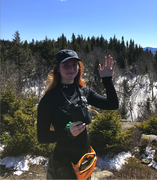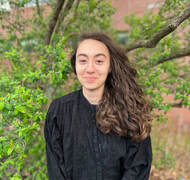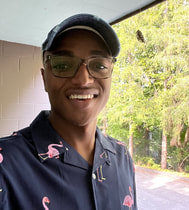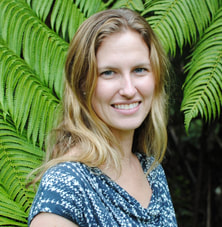
Maren Vitousek
Ph.D. 2008, Princeton University
B.A. 2002, Amherst College
C.V.
Associate Professor
Department of Ecology and Evolutionary Biology
Cornell University
Ph.D. 2008, Princeton University
B.A. 2002, Amherst College
C.V.
Associate Professor
Department of Ecology and Evolutionary Biology
Cornell University
Research Associates and Postdocs
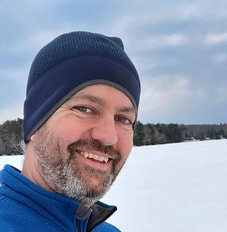
Conor Taff
Conor is a research associate in the Department of Ecology and Evolutionary Biology, and the co-leader of the long-term Cornell Tree Swallow Research Project. He uses field, lab, and quantitative approaches to study the ecology, evolution, physiology, and behavior of wild birds. Conor's ongoing research is addressing how individuals and populations deal with challenging situations, and uses quantitative tools and lab techniques including epigenetic, diet metabarcoding, microbiome studies, and remote sensor networks. You can read more about Conor's research here.
Conor is a research associate in the Department of Ecology and Evolutionary Biology, and the co-leader of the long-term Cornell Tree Swallow Research Project. He uses field, lab, and quantitative approaches to study the ecology, evolution, physiology, and behavior of wild birds. Conor's ongoing research is addressing how individuals and populations deal with challenging situations, and uses quantitative tools and lab techniques including epigenetic, diet metabarcoding, microbiome studies, and remote sensor networks. You can read more about Conor's research here.
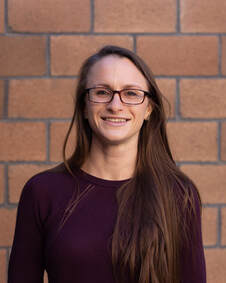
Jessie Williamson
Jessie is an NSF Postdoctoral Research Fellow in Biology and Rose Fellow working in the Vitousek and Lovette Labs. Her work focuses on the evolutionary physiology of birds that make "extreme" seasonal shifts in elevation during migration, with a special focus on giant hummingbirds; the roles of plasticity and adaptation in organismal performance across elevations; and how interacting abiotic forces generate spatial patterns of biodiversity. Jessie is also a freelance writer and photographer whose work has appeared in outlets such as Outside Magazine and The Washington Post.
Jessie is an NSF Postdoctoral Research Fellow in Biology and Rose Fellow working in the Vitousek and Lovette Labs. Her work focuses on the evolutionary physiology of birds that make "extreme" seasonal shifts in elevation during migration, with a special focus on giant hummingbirds; the roles of plasticity and adaptation in organismal performance across elevations; and how interacting abiotic forces generate spatial patterns of biodiversity. Jessie is also a freelance writer and photographer whose work has appeared in outlets such as Outside Magazine and The Washington Post.
Graduate Students
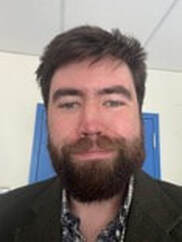
Tom Ryan
Tom is a graduate student in Ecology and Evolutionary Biology who is broadly interested in the behavioral and physiological ecology of birds in the wild. His current research focuses on how selection influences hormonal mediation of life history traits, how birds respond physiologically to inclement weather, and the function and evolution of social behavior in tree swallows. You can contact him at: [email protected].
Tom is a graduate student in Ecology and Evolutionary Biology who is broadly interested in the behavioral and physiological ecology of birds in the wild. His current research focuses on how selection influences hormonal mediation of life history traits, how birds respond physiologically to inclement weather, and the function and evolution of social behavior in tree swallows. You can contact him at: [email protected].
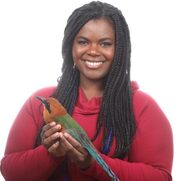
Monique Pipkin
Monique is a PhD student in EEB and a Sloan Fellow who studies the function and evolution of iridescent plumage in birds. Monique is also interested in using art in science communication and outreach, and is currently collecting data on the potential for artist-scientist collaborations to increase learning. Find out more about Monique's work here.
Monique is a PhD student in EEB and a Sloan Fellow who studies the function and evolution of iridescent plumage in birds. Monique is also interested in using art in science communication and outreach, and is currently collecting data on the potential for artist-scientist collaborations to increase learning. Find out more about Monique's work here.

Nicole Mejia
Nicole is an EEB PhD student who is interested in the effects of thermal challenges during development and how genomic variation could play a role in mediating the response to stressors. Outside of the lab Nicole enjoys hiking, reading, and playing in the community band. She can be reached at [email protected].
Nicole is an EEB PhD student who is interested in the effects of thermal challenges during development and how genomic variation could play a role in mediating the response to stressors. Outside of the lab Nicole enjoys hiking, reading, and playing in the community band. She can be reached at [email protected].
Undergraduate Lab Members
Lab alumnae:
Graduate Students

David Chang van Oordt
PhD 2023 (co-advised with Kelly Zamudio)
Currently: Postdoc at Princeton in the Graham Lab
Website
PhD 2023 (co-advised with Kelly Zamudio)
Currently: Postdoc at Princeton in the Graham Lab
Website

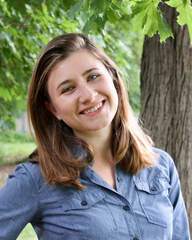
Colleen Miller
PhD 2023
Currently: Postdoctoral Fellow, Institute on the Environment, University of Minnesota
Website
PhD 2023
Currently: Postdoctoral Fellow, Institute on the Environment, University of Minnesota
Website
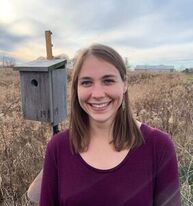
Postdocs
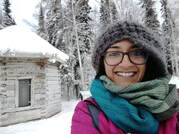
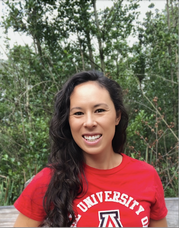
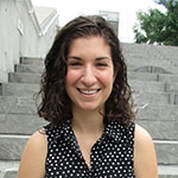
Allison Injaian
Postdoc 2018-20
Currently: Lecturer at the Odum School of Ecology at the University of Georgia.
Website
Postdoc 2018-20
Currently: Lecturer at the Odum School of Ecology at the University of Georgia.
Website

Cedric Zimmer
Postdoc 2016-2019
Currently: Associate Professor, University Sorbonne Paris Nord, France
Website
Postdoc 2016-2019
Currently: Associate Professor, University Sorbonne Paris Nord, France
Website
Undergraduate honors thesis studentsBella Somoza, Amanda Lazar, Paige Becker, Nicholas Faraco-Hadlock, Danica Lee, Alyssa Rodriguez, Jocelyn Stedman, Sophie Nicolich-Henkin, Lauren Smith
Undergraduate independent researchersRaquel Castromonte, Olivia Rooney, Navya Chamiraju, Maddie Watson, Julia Adler, Briana Johnson, Kai Chen, Sungmin Ko, Meera Shah, Ann Li, Allison Anker, Tifani Panek, Bashir Ali, Christine Kallenberg, John Deitsch, Yusol Park, Emma Regnier, Romina Najarro-Flores, Jason Yeung, Yosvany Rodriguez, Teresa Pegan, Joe Colcombe, Avi Pinals, Garret Levesque, Eric Alerte, Collin Dickerson, Nicholas Shephard, Alison Buermeyer, Jackson Walker, Austin Huffman, Sarah Talamantes, Jenna Hoots, Sara Gonzalez, Dan Margolin, Michael Jessel, Sarah Newman, Vanessa Rodriguez-Arcila.
|

